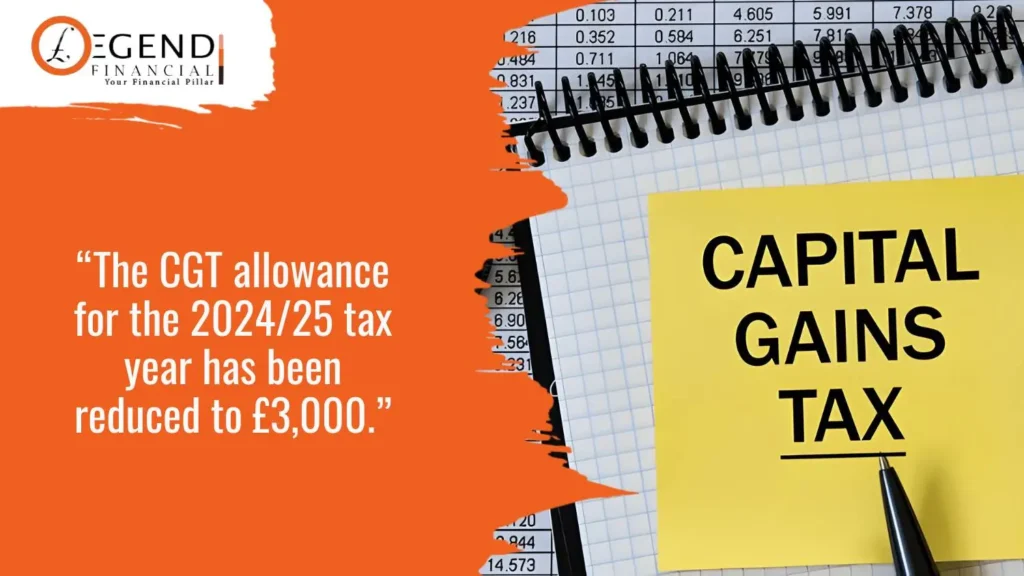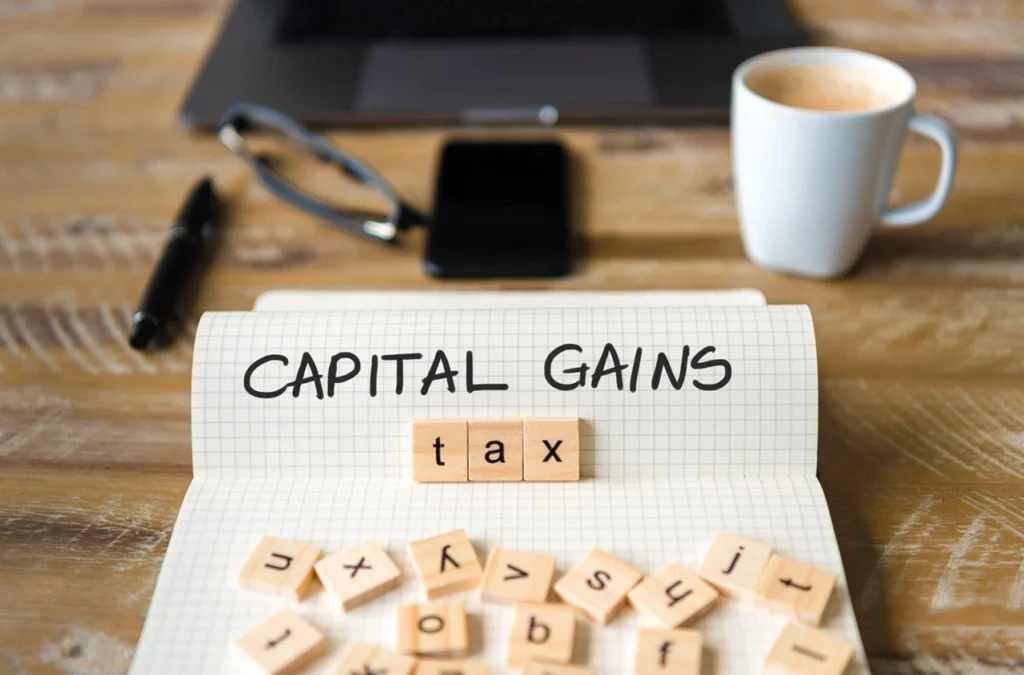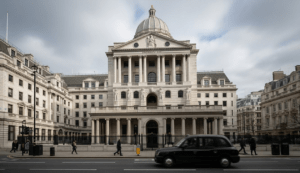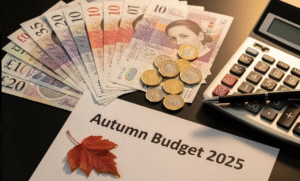Do you have to pay capital gains when you sell your house? The answer depends on the taxpayer’s situation, such as whether they own only one home or have multiple houses and other factors. Find out more about CGT when selling a house in this article.
Do You Have to Pay Capital Gains When You Sell Your House in UK?
Normally, there is no capital gains tax due when selling a home that was used as a primary residence, owing to the private residence relief. CGT is mostly levied on additional houses or are used otherwise, such as buy-to-let or second homes.
Primary residence relief still applies, though, to individuals with multiple houses. In this case, when planning to sell, they can nominate one of them as a ‘main residence,’ given they used the home only for residential purposes. People usually nominate the one incurring higher capital gains to avoid CGT once sold.
For more information, read Do I Pay Tax if I Sell My House? A Beginner’s Guide.

If It Is a Second Home
When HMRC disqualifies a home as a ‘primary residence,’ hence, ineligible for the relief, then its capital gains will be due CGT. Usually, this is due to the home being classified as a ‘second home’ or used as an investment.

If It Is a Buy-to-Let Property
Just as with second homes, buy-to-let property sale is due CGT if they become a taxable gain, that is, exceeding the 2024/25 allowance. Check our article about how to avoid capital gains tax on buy-to-let property to maximise tax-saving strategies.
When Is CGT Charged?
In certain situations, homeowners may need to pay CGT when selling their main home. This usually occurs when:
- The property includes substantial land or additional buildings, totalling 5000 square metres or more.
- Part of the home has been sub-let, though having a single lodger whilst the taxpayer still resides there does not count.
- A portion of the home is used exclusively for business purposes.
- The home was purchased with the intention of making a profit, such as for property development.
- The taxpayer owns another home that could be considered their main residence.
- The property was developed by converting part of it into flats, increasing its taxable value.
- Part of the garden was sold, and the total plot, including the sold area, exceeds half a hectare (1.2 acres).
- The taxpayer moved out of the property nine months or more ago, such as to move into a partner’s home.
If it involves business and investments, check out Business Asset Disposal Relief on CGT: Are You Eligible?
When Is CGT Not Charged?
CGT is not charged to individual taxpayers when their property qualifies for Primary Residence Relief. Aside from this relief, they can avoid CGT by gifting the property deed to a civil partner, spouse, or a charity. There are more ways to be CGT-free on property sale. Here are 10 things you need to know to avoid capital gains tax on property.
How Much Is CGT in 2024/25?
The CGT tax-free allowance for 2024/25 is reduced to £3,000. Any profit above this threshold is considered taxable income. Capital gains tax rate depends on which income tax band the home seller belongs to. For the current year, here are the rates:
- Basic Rate Tax – 18%
- Higher Rate Tax – 24%
- Additional Rate Tax – 28%
The CGT bill, though, can be reduced with allowable expenses, including estate agent fees and more. Visit Capital Gains Tax Calculator on UK Property & Asset Sales to get an estimate of the bill. Our tax accountants will assist in the process and verify the results upon request.

Do You Have to Pay Capital Gains When You Sell Your House and Buy Another?
If the asset disposal is yet within 9 months and an individual buys another house, capital gains tax will be due, forfeiting the Primary Residence Relief. CGT will also be paid alongside stamp duty. These two property taxes apply when selling a house and buying another at the same time. No CGT is paid when an individual only buys another house after 9 months.
Stamp duty is the main real estate tax when it comes to buying a property, but first-time buyers are exempt. This is a huge taxation factor to consider, as it can add thousands to the price of the purchased home. Tax and financial planning are crucial before individuals invest in any residential areas in the UK.
See Stamp Duty Land Tax Rates 2024/25: A Quick Guide for more information.

Do I Have to Inform HMRC When I Sell My House?
If the house being sold is the primary residence and meets the criteria for Private Residence Relief, there is typically no need to report the sale or pay CGT. Filing a tax return to HMRC is legally required when an individual is not part of any CGT exemptions.
Filing taxes and paying late may result in interest and penalties. The reporting window may be either 60 or 30 days, depending on when the property was sold.
Other FAQs About Tax on Selling a House
Capital gains tax is due when selling a house in the UK, except if it qualifies for Primary Residence Relief, the primary residence being HMRC’s jargon for an individual’s main and only home.
VAT is usually not associated with selling a house, unless the home seller uses real estate agents or other service providers, whose fees incur VAT.
UK investors can deduct from their CGT the costs related to buying, selling, or improving property, such as estate agents’ and solicitors’ fees, and expenses for significant improvements like extensions, from their capital gains.
Failing to report capital gains in the UK can result in fines and interest charges. Proper financial advice can greatly help taxpayers reduce the amount of CGT they owe through various reliefs and conditions.
For the 2024/25 tax year, the CGT tax-free threshold is £3,000. Gains made within this amount are not liable to GGT.
How Can You Avoid Capital Gains Tax?
Do you have to pay capital gains when you sell your house? If HMRC disqualifies the house from the Primary Residence Relief, the taxpayer will be liable to CGT. But do not be dismayed if your house does not qualify for this relief. There are many other effective means to reduce your CGT bill if not legally avoided.
Legend Financial’s tax accountants will check your situation and see which best strategy applies. From making inter-spousal transfers to creating an Individual Savings Account, there are myriad tax-saving techniques you can benefit from when you choose to plan your taxes beforehand. Talk to our CGT specialists today!











